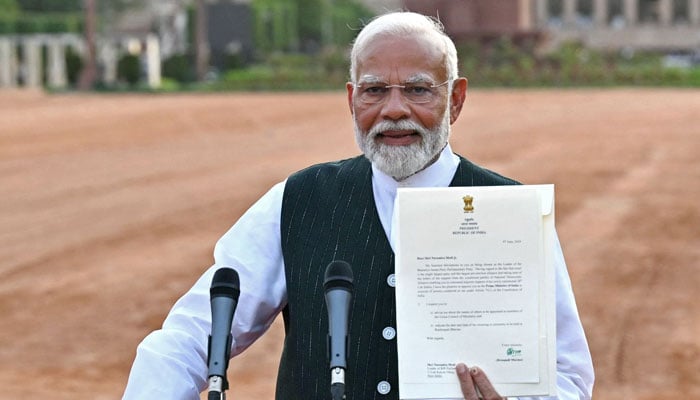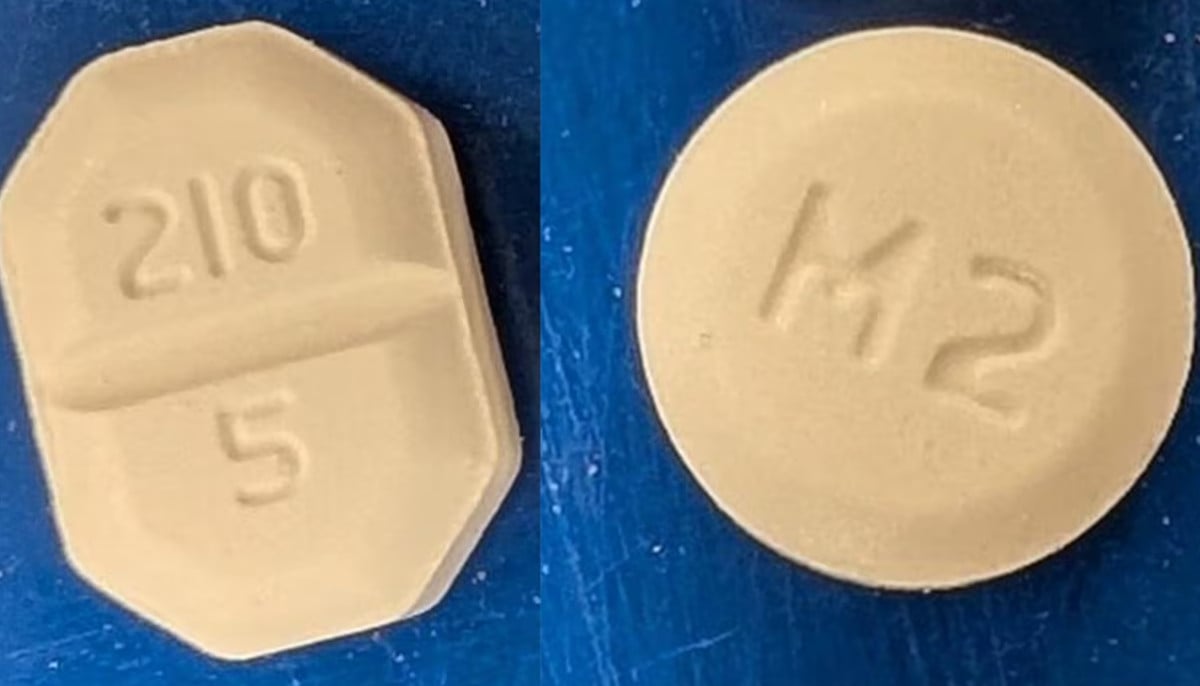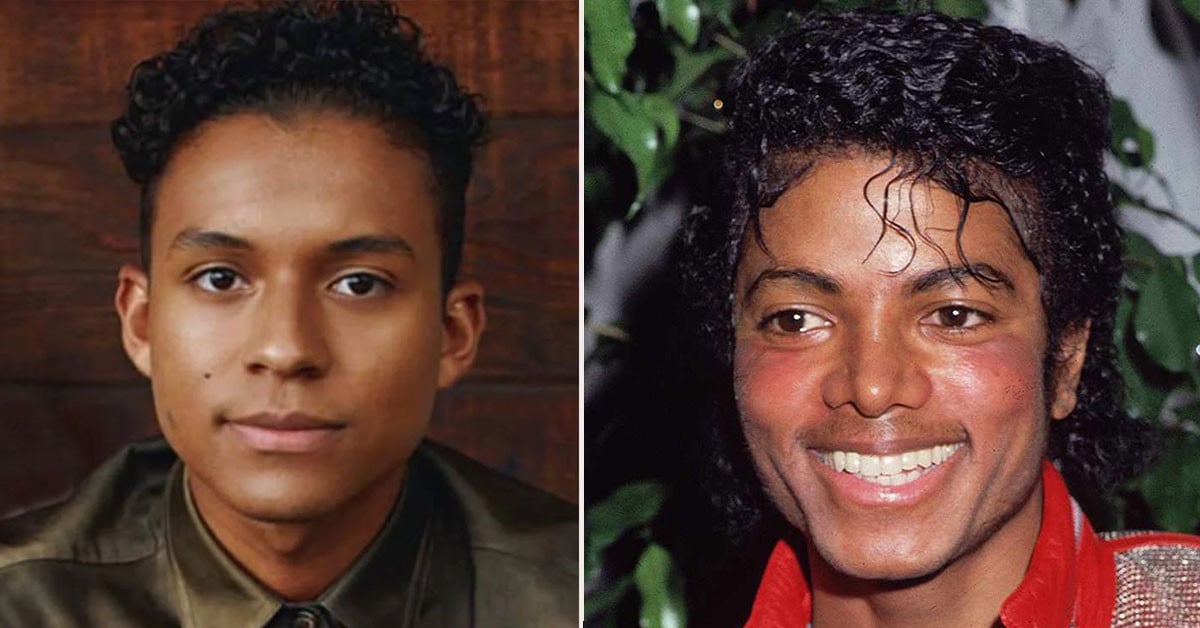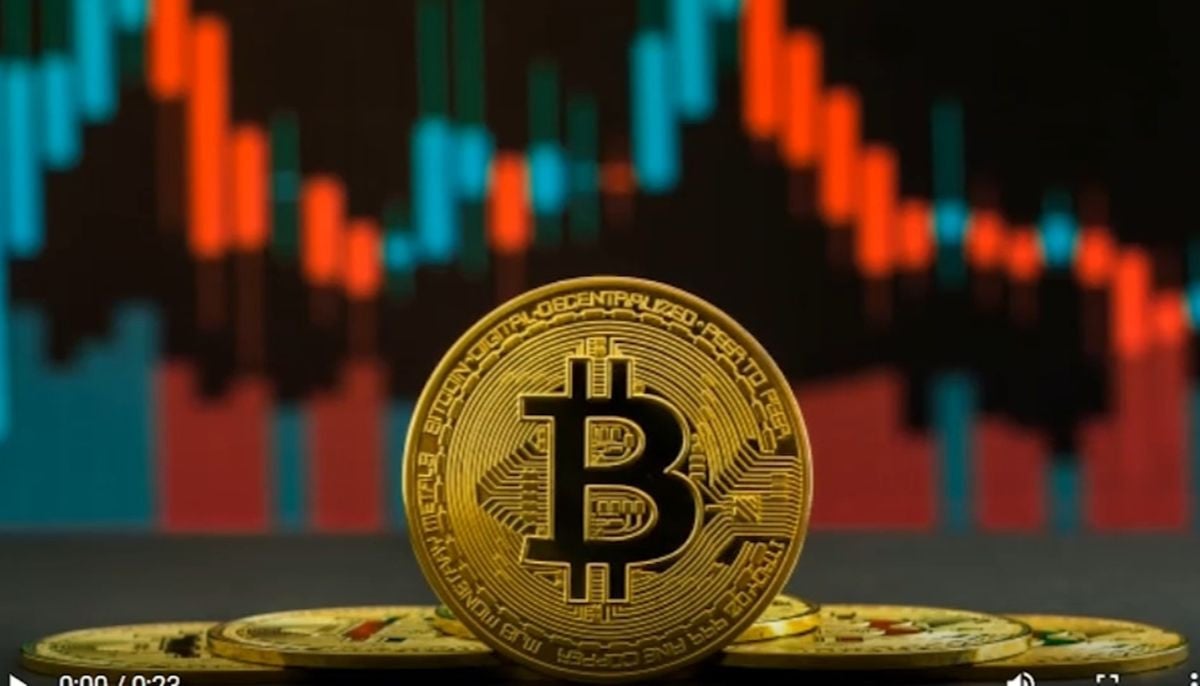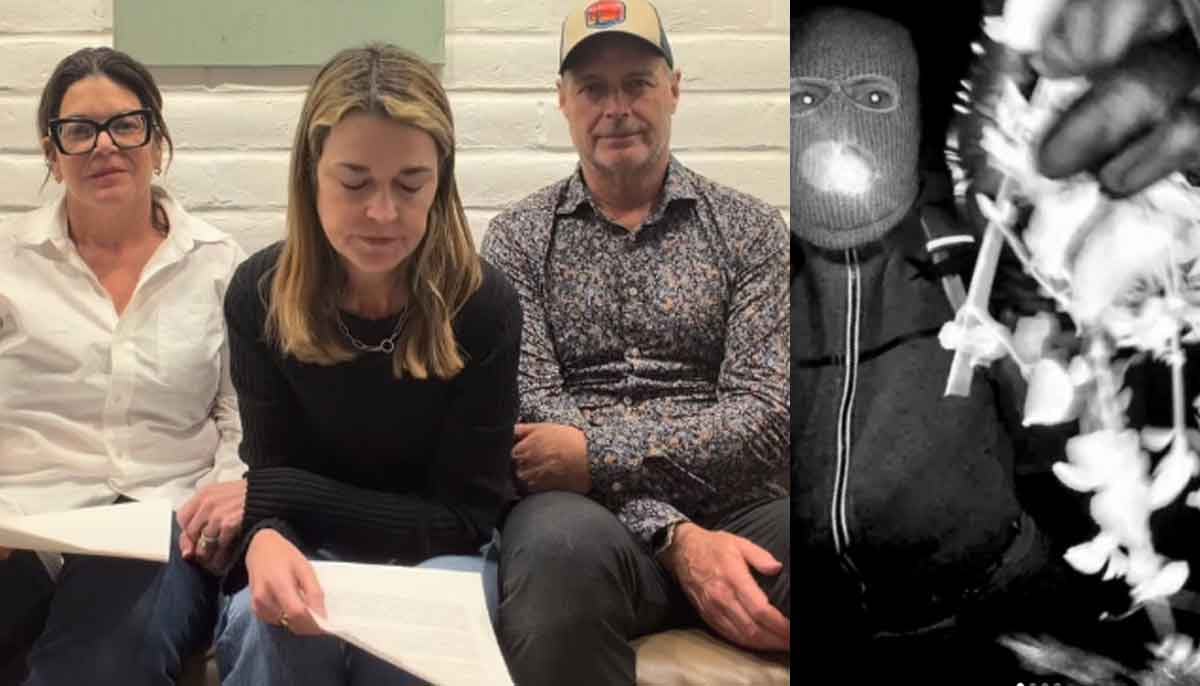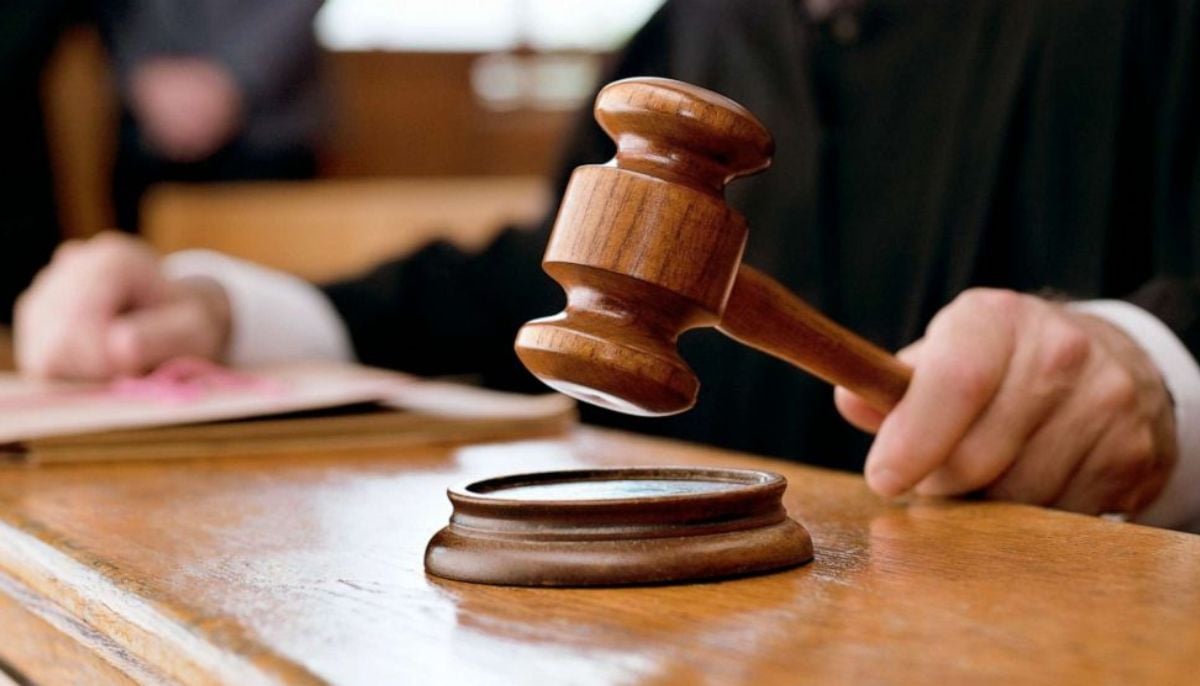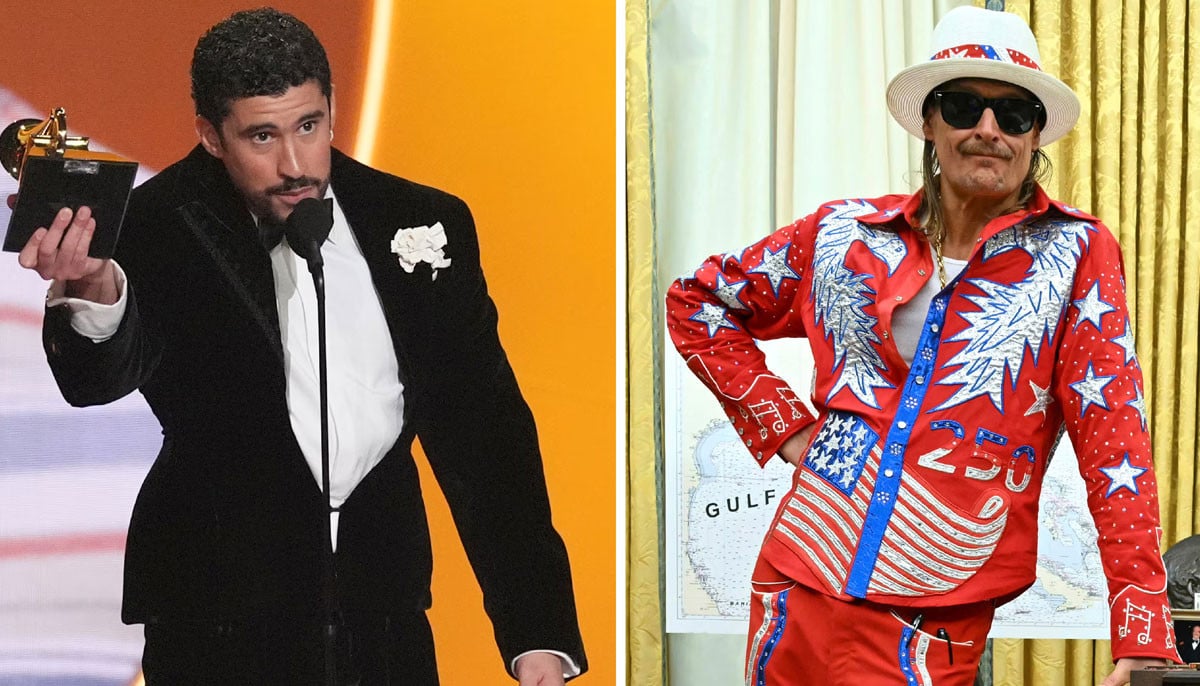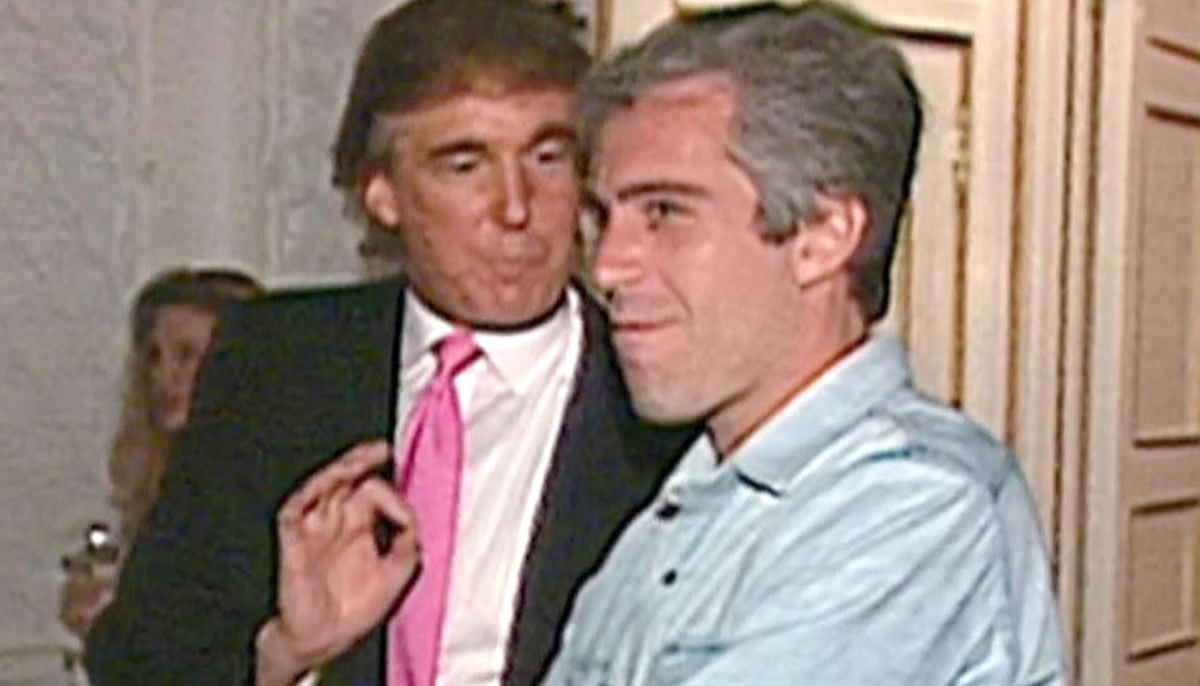Narendra Modi set to take oath as Indian PM for third term today
Over 8,000 dignitaries, PM's of various countries to attend ceremony at New Delhi's Rashtrapati Bhawan
NEW DELHI: India's populist leader Narendra Modi is all set to take oath as the prime minister of the world's largest democracy for third time today.
According to Indian media reports, the swearing-in ceremony will be held at New Delhi's Rashtrapati Bhawan at 7:15pm local time (6:45pm PST) and the oath will be administered by President Droupadi Murmu.
Indian authorities have put in place additional security measures in the capital including the deployment of police, army and traffic personnel. Moreover, a three-layer security apparatus at the presidential residence.
Furthermore, New Delhi has been declared a "no-fly zone" ahead of the swearing-in ceremony.
Modi, since coming to power in 2014, has for the first time needed the support of regional allies as Bharatiya Janata Party (BJP) secured 240 constituencies, falling short of winning the majority of 272 constituencies.
Two allies in Modi's National Democratic Alliance coalition, the Telugu Desam Party, a key regional player in the southern state of Andhra Pradesh, and the Janata Dal (United) which rules the northern state of Bihar, pledged their support.
Overall, the alliance won 293 seats in the Lok Sabha — the 543-member lower house of parliament.
Meanwhile, Rahul Gandhi, Modi's chief rival and Congress leader, was nominated on Saturday to lead India's opposition in parliament after an election result that rescued his party from the political wilderness.
Gandhi defied analysts' expectations and exit polls to help his Congress party nearly double its parliamentary numbers, its best result since Modi was swept to power a decade ago.
A meeting of the Congress leadership on Saturday voted unanimously to recommend Gandhi's election as India's official opposition leader, a post that had been left vacant since 2014.
"All participants unanimously passed the resolution that Rahul Gandhi should take the position of leader of opposition in the parliament," Congress general secretary KC Venugopal told a news conference afterwards.
Several world leaders including United States President Joe Biden, British PM Rishi Sunak and French President Emmanuel Macron, Saudi Arabia's Crown Prince Mohammed Bin Salman and others have congratulated Modi on being elected as the country's premier for the third time.
Meanwhile, the swearing-in ceremony will be attended by more than 8,000 dignitaries including Sri Lankan President Ranil Wickremesinghe, President of Maldives, Mohamed Muizzu, Bangladeshi PM Sheikh Hasina, Mauritius PM Pravind Kumar Jugnauth, Bhutan's PM Tshering Tobgay and Nepalese PM Pushpa Kamal Dahal "Prachanda".
'Right of Indians to decide their own leadership'
On the other hand, Prime Minister Shehbaz Sharif has not yet congratulated Modi on winning the elections.
Foreign Office spokesperson Mumtaz Zahra Baloch, during a media talk, was asked if Pakistan has officially congratulated Modi on his elections as the PM and the country's take on the Indian elections.
"It is the right of the people of India to decide about their own leadership. We do not have any comments on their electoral process. Regarding your first question, I think this question is premature. As far as I understand, the process of formation of government is ongoing," said Baloch.
To another query, the spokesperson said that Pakistan has always desired cooperative relations with all its neighbours including India.
"We have consistently advocated constructive dialogue and engagement to resolve all outstanding issues, including the core dispute of Jammu and Kashmir," she said.
The spokesperson said Pakistan still believes in peaceful coexistence and wants peace and stability in the region, hoping that India will take steps to create a conducive environment for the advancement of peace and dialogue and the resolution of long-standing disputes for the mutual benefit of the people of both countries.
-
Tumbler Ridge school lockdown underway as RCMP investigate school shooting
-
Jaafar Jackson breaks silence on becoming Michael Jackson
-
Fugitive crypto scammer jailed for 20 years in $73m global fraud
-
Horrifying pictures of the kidnapper of Savannah Guthrie's mother released
-
Schoolgirl eaten alive by pigs after brutal assault by farmworker
-
Activist shocks fellow conservatives: 'Bad Bunny is winner'
-
Minnesota man charged after $350m IRS tax scam exposed
-
Trump reached out to police chief investigating Epstein in 2006, records show
